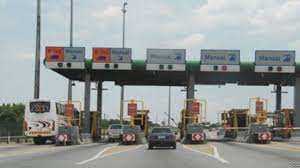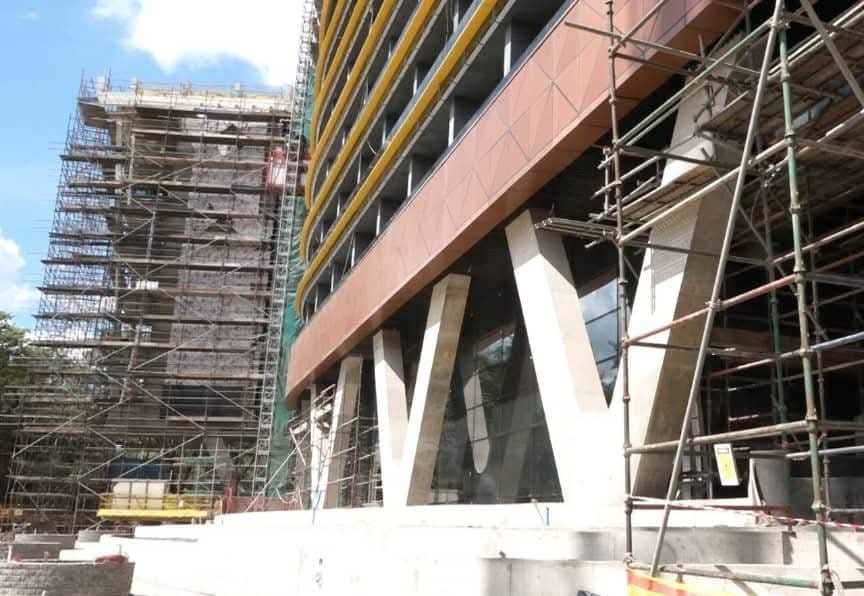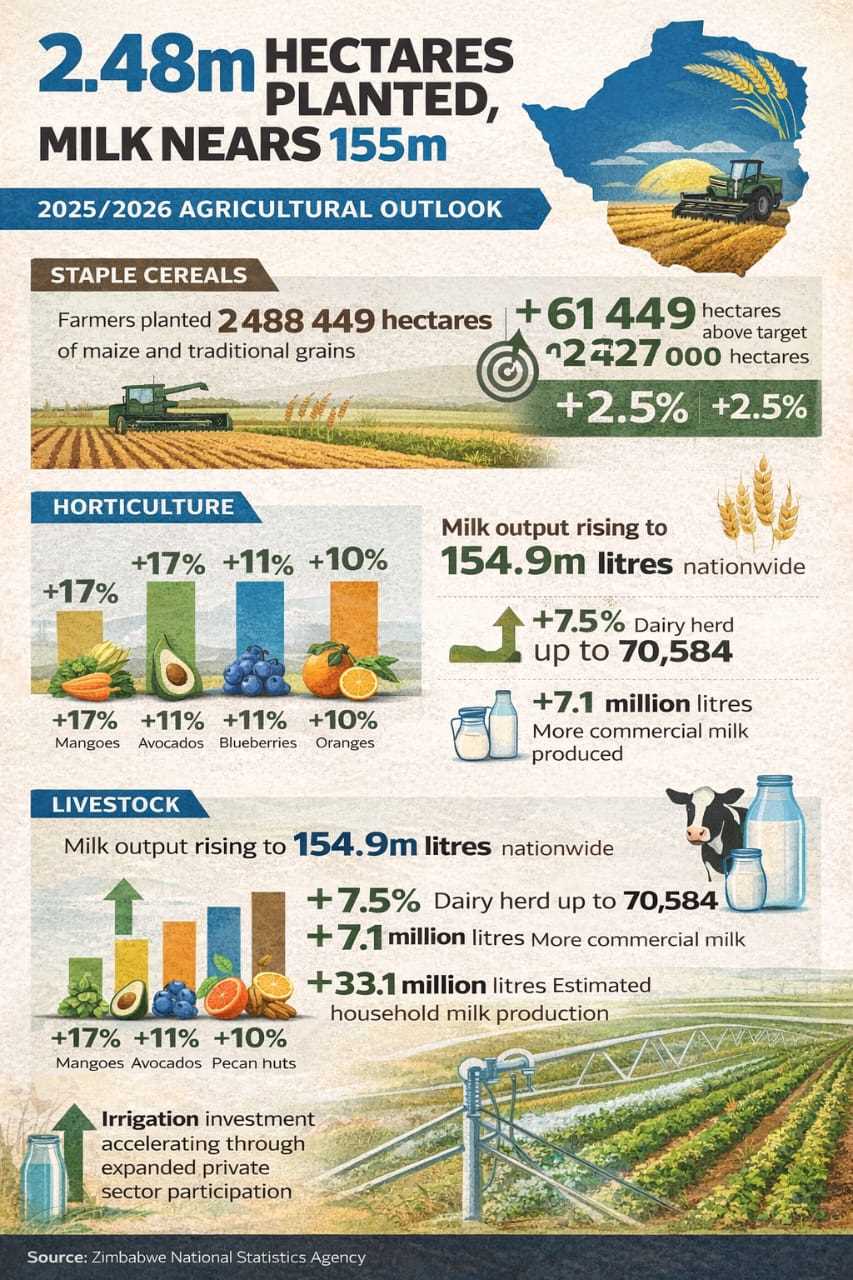
Audrey Galawu
Economic experts have encouraged government to be comprehensive and look for other sources of income to complement the taxation system in the country.
This comes as Minister of Finance and Investment Promotion, Professor Mthuli Ncube proposed to restore the Corporate Income Tax to pre-Covid-19 levels of 25% from 24%.
The Minister also proposed to indefinitely exclude operators who fail to honour Value Added Tax deferment from benefiting from the VAT facility.
Speaking to Zim Now, Economist Dr. Prosper Chitambara said government should not depend on taxes only to fund its expenditure and should also look to reduce the cost of taxes for informal businesses.
Chitambara said forcing tax on informal businesses would only promote defaults, tax evasion and company closures.
“In terms of domestic resources of mobilisation, there is need to explore all the options that are available. It is not just about raising taxes, especially given the fact that the tax burden in Zimbabwe is already on the very high side.
“We also need to explore all the options such as reducing all the non-productive public spending and even downsizing the since of government itself.
“Re-eliminating wastages and inefficiencies in current government spending which the government is already working on through Value for Money, but I think there is a lot of scope there and government can actually see a lot of resources that can then be channelled towards productive sectors of the economy.
“Leakages in general with issues of corruption, illicit financial flows as we lose a lot of money through those channels. If we could close those leakages, we could be able to save money that can be deployed to social sectors or productive sectors of the economy.
“Reformation of parastatals and public enterprises is critical given that government loses a lot of resources through subsiding these entities. If the government were to expedite the reform and restructuring of these parastatals, which could also save a lot of money which can be channelled to the productive sectors of our economy,” he said.
Meanwhile, Dr Chitambara said government need to reduce the cost of taxes for informal businesses to formalise and do it on a voluntary basis without forcing all businesses to do so.
Formal retailers such as OK and TM Pick n Pay recently complained that informal businesses had an unfair advantage over formal businesses as they do not pay taxes or import duties.
Formal retailers argued that unregistered traders were creating an unfair business environment for them.
“In terms of the informal sector, what it needs is a comprehensive approach. We need to make sure that we make the right incentives for them to formalise. Formalisation must be on a voluntary basis with the right kind of incentives, especially the tax incentives,” Dr Chitambara added.
Related Stories
“We need to reduce the cost of formalisation and the cost of compliance and once we do that it then makes it easier and cheaper for businesses to formalise on their own voluntarily. By forcing them to register for tax, you could also end up driving them further underground.
“Empirical evidence has shown that as long as taxes are high, levels of informality will also remain high as it makes it more expensive for businesses to register for tax and formalise in general.
Economic analyst, Happiness Zengeni also emphasised the need for government to not depend on taxes and scout other ways to mobilise revenue.
“The limited fiscal space in the economy requires that the Government increases its domestic resource mobilisation to fund its expenditure. This is also against growing informalisation, which is eroding the tax base.
“However, to ease the burden on the population which has high poverty levels there was need to strike a balance between resource mobilisation and enlarging the tax base by easing the cost of compliance which remains high when compared to regional standards
“Market participants (formal business) should not be used to enforce rules. What the Government should be doing is to lower the cost of compliance for instance by lowering the cost of fiscalised machines which remain high for a lot of small businesses,” Zengeni said.
The Confederation of Zimbabwe Industries said the proposed increase in corporate income tax, restoring it to pre-Covid-19 levels of 25% effective January 1, 2024, is a worrisome development.
CZI said the decision stifles investment as it hinders foreign investment and hinders economic growth.
“At a time when countries around the world are actively competing for foreign direct investment by lowering corporate tax rates, this move by Zimbabwe sends a negative signal to potential investors. Many countries have recognised the importance of attracting businesses by offering lower corporate tax levels.
“For instance, Ireland has a corporate tax rate of 12.5%, which has played a significant role in attracting multi-national corporations to establish their operations in the country. Similarly, countries like Singapore and Hong Kong have maintained competitive tax rates to foster a business-friendly environment.
“It is crucial for policymakers to carefully consider the potential consequences of such a decision and explore alternative strategies to stimulate investment and promote economic development in the country,” CZI said.
Centre for Natural Resources Governance director, Farai Maguwu said government should work to close loopholes that result in financial illicit flows in the country, which is causing huge loss of revenue.
“Zimbabweans in general, both the formal and informal sector are living from hand to mouth; they can hardly manage basics, even basic medical care. At the same time, Zimbabwe is a net donor to the world through illicit financial flows.
“Government has enough resources to finance its own development. Zinara must account for the toll fees it is collecting. We have got toll gates on the Bulawayo-Victoria Falls Road which has been in existence for over a decade, you will find police armed to the teeth to force motorists to pay toll fees and yet the road is in an advanced state of disrepair.
“Mthuli Ncube should account for the money that is being collected on these roads and we have many such roads, the Mutoko Road, Mutare-Masvingo Road. Government should rebuild these roads,” he said.



















Leave Comments